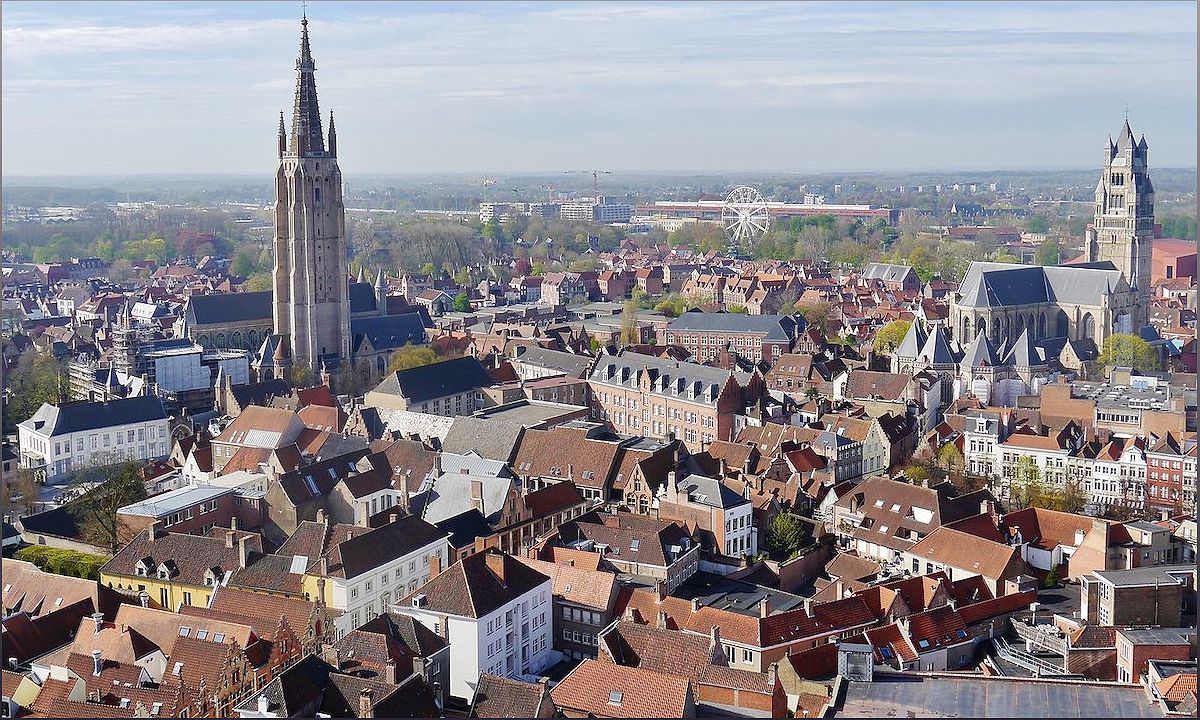As temperature records are shattered and international summits come and go, it's easy to feel down about climate change. However, there are beacons of hope shining through. Local governments are leading the way in transforming food systems and combating climate change. From mega-cities to small towns, these pioneering governments are fostering connections with their residents and prioritizing health and social justice. Let's explore some inspiring examples of cities and regions that are making a difference.
Local Governments Taking the Lead
Discover how local governments are stepping up to transform food systems and combat climate change.
While national governments may be slow to act, local governments are taking the lead in transforming food systems and addressing the challenges of climate change. These pioneering governments are going above and beyond the emissions cuts committed by national governments, with their pledges surpassing by 35 percent. From mega-cities to small towns, they are prioritizing the health and social justice of their communities, while protecting vulnerable populations.
One remarkable example is the mega-city of São Paulo, Brazil. Through its Connect the Dots program, São Paulo is protecting forests and farms in nearby rural districts from urban development. The program also trains family farmers in sustainable practices and connects them with urban buyers for their fresh organic produce. By fostering these connections and protecting the threatened Atlantic forest, São Paulo is making a significant impact on reducing emissions and promoting climate resilience.
Shifting Towards Sustainable Diets
Explore how cities are encouraging sustainable, healthy diets and reducing the consumption of industrial meat.
Industrial agriculture and meat production are major contributors to food system emissions. However, cities like Copenhagen and South Lanarkshire in Scotland are leading the way in promoting sustainable diets. By encouraging their citizens to shift towards plant-based eating and reducing the consumption of industrial meat, these cities are not only reducing emissions but also improving health and reducing pressure on land and ecosystems.
In the town of Mouans-Sartoux in France, residents have embraced a shift towards healthier, more sustainable, and plant-based food. Through collaboration with producers, retailers, consumers, and public procurement, the town has successfully reduced meat and ultra-processed food consumption. This change in eating habits has resulted in improved health outcomes, environmental benefits, and a significant reduction in carbon emissions.
Combatting Food Waste
Discover innovative campaigns by cities to empower residents in reducing food waste.
Food waste is a significant contributor to food system emissions, with one-third of our food being lost or wasted. Bruges, Belgium has taken an innovative approach to combatting food waste with its 'Food Winners' campaign. The city has trained local ambassadors in buying, cooking, and storing food, who then motivate their peers to do the same. This initiative has resulted in a 55 percent reduction in food waste, and Bruges has even created a manual of best practices for other cities to follow.
Collaboration and Scaling Up
Learn how collaboration and scaling up efforts can drive real change in food systems.
Local governments have demonstrated the potential for whole food system transformation as a catalyst for effective climate action. Their success lies in collaboration across governmental departments, establishing robust planning and evaluation mechanisms, and creating inclusive processes and partnerships. To achieve even greater impact, national governments and international summits like COP28 should support and scale up the actions of local governments, providing them with more funding and resources.
By learning from the examples set by these climate action heroes, we can build a cleaner, greener, and healthier future. Together, we can transform our food systems and combat climate change, ensuring a sustainable and nourishing future for all.

